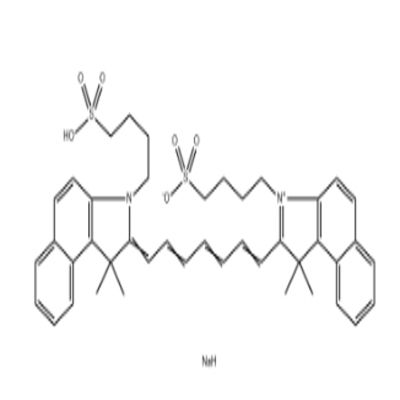-
Categories
-
Pharmaceutical Intermediates
-
Active Pharmaceutical Ingredients
-
Food Additives
- Industrial Coatings
- Agrochemicals
- Dyes and Pigments
- Surfactant
- Flavors and Fragrances
- Chemical Reagents
- Catalyst and Auxiliary
- Natural Products
- Inorganic Chemistry
-
Organic Chemistry
-
Biochemical Engineering
- Analytical Chemistry
- Cosmetic Ingredient
-
Pharmaceutical Intermediates
Promotion
ECHEMI Mall
Wholesale
Weekly Price
Exhibition
News
-
Trade Service
Sort out the . . . THE U.S. House of Representatives on September 21 approved legislation to establish a Center of Excellence for Continuous Manufacturing, entitled the 2019 National Center of Excellence for Continuous Manufacturing, which authorizes the FDA to recognize the National Center for Continuous Manufacturing Excellence (NCE), which will work with the FDA and industry to develop a national framework for continuous manufacturing implementation, including additional research and development to support the technology, workforce development, standardization, and collaboration with pharmaceutical manufacturers to support the adoption of continuous manufacturing.
Act authorizes an annual allocation of $80 million to NCE from FY2021 to FY2025.
Bill (H.R. 4866) was not controversial on neither party and was voted on orally in the full House of Representatives.
sponsors and other members of the bill highlighted the impact of the COVID-19 pandemic in urging its adoption during a brief discussion in the full House of Representatives.
In January, Fernando Muzzio, a professor at Rutgers University, testified at a congressional hearing in support of the creation of a continuous manufacturing center of excellence.
Democratic Rep. Debbie Dingell and Republican Rep. Gianforte cited Janet Woodcock, director of the FDA's Center for Drug Review and Research (CDER), in testimony before the Energy and Commerce Committee's health subcommittee in October 2019, citing, most notably, the ability to produce higher-quality drugs more efficiently with lower-wage workers to generate less waste for international competition and thereby increase the resilience of U.S. manufacturing.
House Energy and Commerce Committee Chairman Frank Pallone, who proposed the bill in October 2019, said batch production technology could not meet the challenge when demand for ventilator-related drugs surged in his district, New Jersey.
said the legislation "will help prevent such supply chain disruptions by increasing domestic manufacturing and enabling drugmakers to adapt more quickly to sudden changes in demand."
brett Guthrie, co-sponsor of the bill, said it was based on legal provisions to fund continuous manufacturing research under the 21st Century Medicine Act.
described continuous manufacturing as "a new technology that allows continuous production of medicines to help them enter the market faster."
this became increasingly important during the COVID-19 pandemic.
we need to make sure that our drug supply chain is not overly dependent on other countries, such as China.
Amendment Act amends the 21st Century Medicine Act, passed in December 2016, to designate certain research universities as national centers of excellence for continuous drug manufacturing.
If enacted, the bill would replace the pharmaceutical bill's provision for continuous manufacturing grants, which only allows the Department of Health to provide funding to universities and non-profit organizations for research into the continuous manufacture of pharmaceuticals and biological products.
bill would establish a procedure that would require the Secretary of Health, through the FDA director, to solicit and accept applications from universities for designation as centres of excellence, effective within one year of the date of enactment.
Act sets acceptable standards for centres of excellence, including evidence of competency and retrospective records of the establishment and transfer of continuous manufacturing knowledge, as well as the potential to train future workers in this area.
In order to obtain a continuous manufacturing center of excellence, universities must agree to work with the FDA on certain reports, share best practices and research results with the FDA, work with the industry to develop a roadmap for workforce development, and report their activities annually to the FDA.
centers that fail to meet the standards may lose their Centre of Excellence recognition.
bill states that one of the reports must be submitted within two years of the identification of the first center and must communicate to Congress the FDA's role in supporting continuous manufacturing, including a range of principles, regulatory programs, and public feedback.
, the bill says the health minister can provide funding through grants, contracts or cooperation agreements.
.







